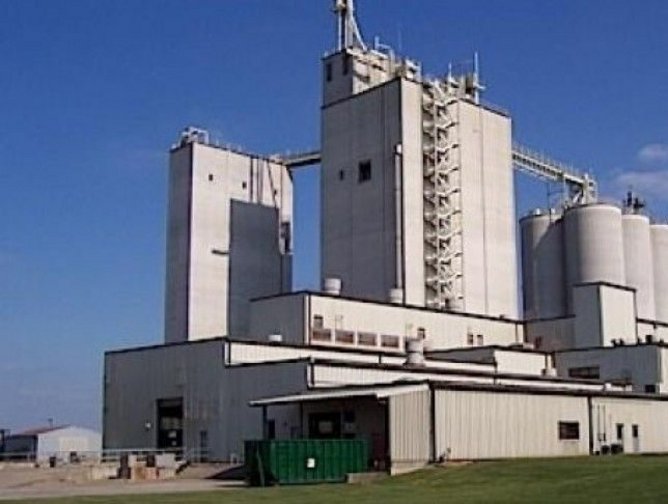
Keystone Foods Leads the Way to Corporate Responsibility
“Brand protection comes in many forms: food safety and QA, strategic communication, supply chain control, and animal welfare,” says Bill Andersen, Executive Vice President at Keystone Foods. “A key part of our success has been brand protection.”
Indeed, for the past fifty years, Keystone Foods has grown from a butcher shop to one of the most prominent beef, poultry, and fish production companies in the world and a trusted partner to the world’s top food service brands.. The past few years have brought significant new capabilties, with the Keystone brand coming under the umbrella of Brazil-based processing company Marfrig Group in 2010 – changes that have boosted Keystone’s ability to produce quality products and services to help support the growth of their customer’s brands.
The Quest for Sustainability
One of the biggest ways in which Keystone Foods is currently invested in brand protection is through its sustainability initiatives – as social responsibility becomes a growing concern, big name brands want to be sure that their partners are supplying them with the best products possible while being as sustainable as possible.
“We started our sustainability program at the beginning of 2008, so we’re really just a few years into it,” says Ed Delate, Vice President of Global Engineering and Corporate Social Responsibility. “Of course, five years seems like a lot, but when you’re talking about something as broad and deep as sustainability, it means quite a lot that we’ve come this far in this time period.”
Keystone Foods’ sustainability program runs thorough and deep, including customer meetings on animal welfare and sustainability plus mentoring other suppliers to make sure that everyone is able to give customers the support they need. On an internal level Keystone has launched initiatives like its biogas program at its facility in Kentucky, utilizing biogas from its wastewater treatment system to fuel boilers in lieu of propane gas, as well as energy efficiency projects throughout all of its facilities. They utilize wetlands to recycle waste water in their Eufaula Alabama facility. On a global level, the business is involved with the Global Roundtable for Sustainable Beef, a consortium that includes diverse sponsors from the World Wildlife Fund and the Rainforest Alliance to Cargill and Keystone parent company Marfrig, all working to develop more sustainable methods for raising beef.
Already, the initiative is bearing fruit: Delate reports that, compared to its baseline year of 2008, Keystone Foods has managed to achieve a 10.3 percent decrease in water waste across global operations in 2012, and a 39.9 global percent decrease in waste to landfill.
“There are different aspects of sustainability –the triple bottom line of ethics, environmental, and economic,” says Delate. “Keystone considers all aspects to be important equally in their sustainability program. There are a number of stakeholders involved –customers, employees, our ownership – these are key stakeholders that we want to assure that sustainability is part of our culture and commitment as a company. We think of sustainability as a requirement these days.”
Putting the Focus on Safety
Keystone Foods also places a premium on safety of all kinds, from food safety to employee safety. On the food safety side, Keystone Foods backs up these claims through numerous third party audits and such milestones as BRC global standards certification. At Keystone Foods we also track internally several key food safety related metrics including complaint rates which average far less than one per million servings.
“On the employee safety side, the numbers speak for themselves. When it comes to our approach to all that we do, it starts with safety of employees – and we emphasize that as a key priority in everything we do,” says Andersen. “Our OSHA Recordable rate is 1.97, which is significantly better than the Industry benchmarks:
Beef Processing: 6.0
Fish Processing: 6.8
Poultry Processing: 5.8
That’s approximately 68.22 percent better than the Industry average of each processing platform.”
Those rates and qualifications come from a corporate culture that promotes employee engagement, something reinforced from the executive level down to individual plant floors through initiatives like KEYSTAR and Engage for Excellence. The result: a stronger sense of confidence among employees and a trust between Keystone and its clients.
“It’s a key priority of how we protect our customers’ brands and employees,” Andersen adds. “If you treat people with dignity and respect, what follows is the engagement that drives personal safety, food safety, and all the key fundamentals of brand protection. It’s about each employee taking responsibilityfor running good quality products in a cost effective, safe, and sustainable manner. Quality is everybody’s responsibility, and it has become a significant part of Keystone’s culture. It’s about doing the right thing all the time, from the community to the environment to our animals, so we can always achieve the highest standards and expectations.”

